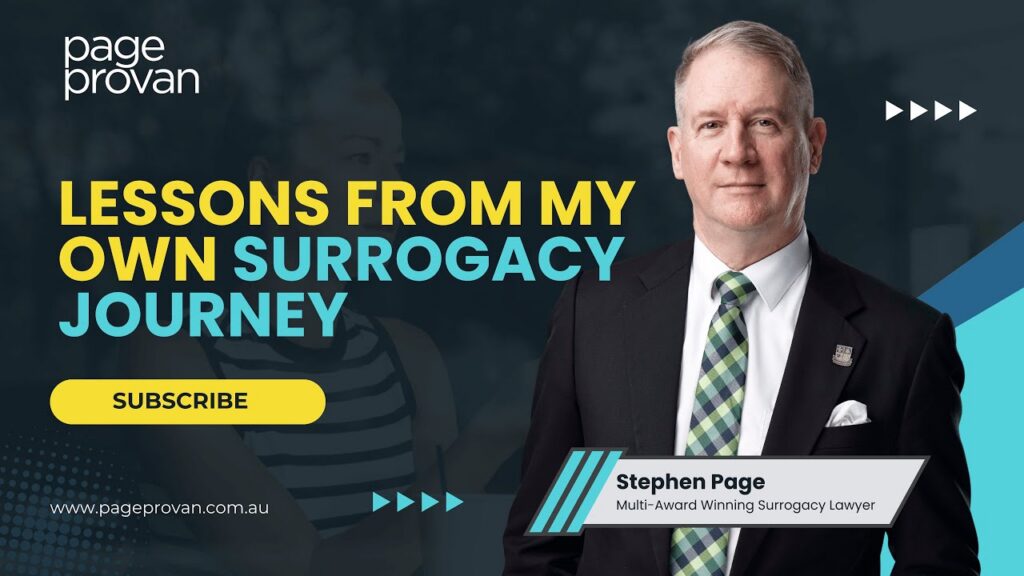How to Minimise the Cost of Separation & Divorce
Separation can quickly become an expensive, emotionally draining process, or it can be managed in a way that protects dignity, finances, and the best interests of the children. This article offers practical, experience-driven advice on minimising both the financial and emotional costs of separation and divorce.
Why separation becomes costly, and how it usually doesn’t have to
Separation is naturally stressful. Emotions run high, decisions are urgent, and people often act impulsively. Those elements, combined with a lack of clear information about legal rights and entitlements, are what drive costs up. But it’s important to remember this: the majority of family law matters do not end with a contested courtroom hearing. In fact, of the matters that start in court, about 95% settle before a final hearing . When parties engage constructively (often with legal advice or a mediator), most disputes can be resolved without the expense and stress of trial.
“95% of cases that start in court will settle — only about 5% go to a final hearing.”
That statistic highlights a key point: court is available for when people cannot resolve their differences, but it is not the inevitable outcome. With the right approach, you can significantly reduce both legal fees and emotional harm.
Key steps to minimise financial costs
Below are the practical steps to minimise the financial cost of separation. These are based on what tends to work well in practice, and are aimed at keeping the process efficient and focused on resolution.
1. Try to reach an agreement with your former partner
If you can, reach an agreement between the two of you. Direct negotiation can save large sums in legal fees and take far less time than going through formal court processes. Where direct negotiation is possible, consider preparing a written summary of what you both agree on — even a simple list of points — to reduce misunderstanding later.
2. Get legal advice early
Engage a lawyer prior to, or soon after, separation. Legal advice helps you understand your rights, entitlements, likely timelines, and potential costs. A lawyer can also identify issues that require urgent attention (bank freezes, immediate parenting concerns, protection orders) and advise how to deal with those without inflaming the situation.
Early legal advice is not about starting a war — it’s about planning effectively and avoiding costly mistakes. Often an initial consultation will give you a realistic set of options and a clear path forward, including estimated costs for different strategies.
3. Be organised and prepare your financial information
Good preparation speeds up dispute resolution. Collect and organise documents related to:
- Bank accounts and balances (including joint accounts)
- Superannuation and retirement funds
- Real estate and mortgage statements
- Investment accounts and company interests
- Debts and liabilities
- Tax returns and pay slips
Presenting a clear financial picture early reduces suspicion and supports productive negotiation. If there are concerns about hidden assets, seek legal advice about the right way to address them rather than making accusations.
4. Issue-focused negotiation — keep the big picture in mind
Avoid letting minor disputes derail the process. Prioritise major issues (property division, parenting arrangements) and resolve secondary matters later where possible. This keeps negotiations efficient and reduces legal costs.
How to manage communication and conflict
One of the most powerful ways to reduce both financial and emotional costs is to manage communication carefully. Poor communication not only harms relationships but drives legal costs through repeated lawyer involvement and court filings.
5. Communicate civilly — or through professionals
Where a civil conversation is possible, keep communication direct, brief and focused on practical matters. Avoid accusatory language and stick to facts. If direct communication is not possible, channel discussions through your lawyer or a neutral third party. Too often I see disputes escalate because couples communicate through children or make informal demands to each other that then harden into positions.
6. Don’t inflame the situation with impulsive actions
It can be tempting to take immediate steps — withdraw money from a joint account, change the locks, remove belongings — but these actions often inflame conflict and can lead to urgent court applications, asset freezes, or accusations of impropriety. You might have a legal right to act in certain ways, but acting without thought can convert what could be an amicable resolution into a costly adversarial fight.
Before taking any action that affects shared property or finances, get legal advice. A considered legal approach is almost always better than an emotional reaction.
7. Be open and honest about finances
Transparency reduces suspicion. If each party is open about assets and liabilities, negotiations move faster. Conversely, the moment one person believes the other is concealing assets, cost and conflict rise quickly, because that belief triggers forensic investigations, subpoenas and mistrust. Honesty is not just ethical; it’s efficient.
Mediation, family dispute resolution and alternative pathways
Mediation and family dispute resolution are cost-effective alternatives to court. They allow parties to reach tailored agreements with the help of a neutral facilitator.
8. Use mediation or family dispute resolution
Mediation works for both property and parenting disputes. For parenting matters, practitioners are often referred to as Family Dispute Resolution Practitioners. A mediator helps you identify issues, explore options and document agreements. Mediation is typically quicker, cheaper and less adversarial than litigation.
If you choose mediation, consider getting legal advice beforehand. A lawyer can explain your legal position, help you prepare, and — in property matters — may attend the mediation to provide legal assistance and ensure your interests are properly represented.
9. Consider collaborative law or solicitor-assisted negotiation
Collaborative law involves each party engaging lawyers who commit to resolving matters without court. It’s a cooperative approach designed to reach a settlement through structured negotiation and problem-solving. Solicitor-assisted negotiation, where lawyers draft proposals and negotiate without initiating court proceedings, is another practical option.
When court is necessary — and how to keep it affordable
Court should be regarded as a last resort. It’s there for people who cannot otherwise resolve their differences, and sometimes urgent or complex matters do require court involvement. If you must go to court, take these steps to keep costs proportionate:
- Focus on the real issues and avoid scope creep.
- Set realistic milestones and budgets with your lawyer.
- Use procedural orders or case management to limit evidence and hearings.
- Be open to settlement negotiations throughout the court process.
Even matters that commence in court usually settle before final hearing, so maintain a settlement posture and explore alternatives even after litigation has begun.
Protecting emotional and mental health
Minimising emotional cost matters as much as saving money. Separation is a major life stressor. People often underestimate the toll it takes on their mental health and on their children.
10. Seek professional emotional support
It is often wise to see a counsellor or psychologist during and after separation. Mental health professionals help you manage grief, make constructive decisions, and communicate in ways that don’t inflame conflict. Courts and lawyers can manage legal issues; mental health professionals help you stay resilient.
11. Lean on family and friends
Support from family and friends reduces isolation and provides practical help (childcare, housing advice, emotional support). Don’t be afraid to ask for help — people often want to support you but aren’t sure how.
12. Prioritise the children’s wellbeing
Research shows children are affected more by parental conflict than by separation itself. Reducing conflict before, during, and after separation is the single best thing you can do for children. Keep their routines stable, avoid involving them in adult disputes, and work toward a parenting plan that is child-focused rather than parent-focused.
A practical checklist to minimise costs
- Get an initial legal consultation quickly to understand your rights and likely outcomes.
- Gather and organise financial documents (bank accounts, superannuation, property, debts).
- Communicate calmly where possible; use lawyers or mediators where direct communication fails.
- Avoid impulsive actions (withdrawals, lock changes) without legal advice.
- Consider mediation or collaborative law before issuing court applications.
- Prepare a reasonable settlement proposal and be open to counteroffers.
- Seek counselling or psychological support early — for yourself and, if appropriate, for your children.
- If court is unavoidable, set budgets and focus on the real issues with your lawyer.
Choose the smarter path
Separation does not need to become a ruinous fight. With early legal advice, clear financial documentation, constructive communication, honesty and an openness to mediation, most families can reach fair, workable outcomes without a costly trial. Courts exist for when people cannot resolve their differences, but they’re not the only, or even the most common, way disputes are solved.
Look after your legal position, but don’t neglect your emotional wellbeing. The choices you make early — whether to seek advice , to communicate openly, and to prioritise the children — will determine whether your separation is a destructive saga or a manageable transition to the next chapter of life.












